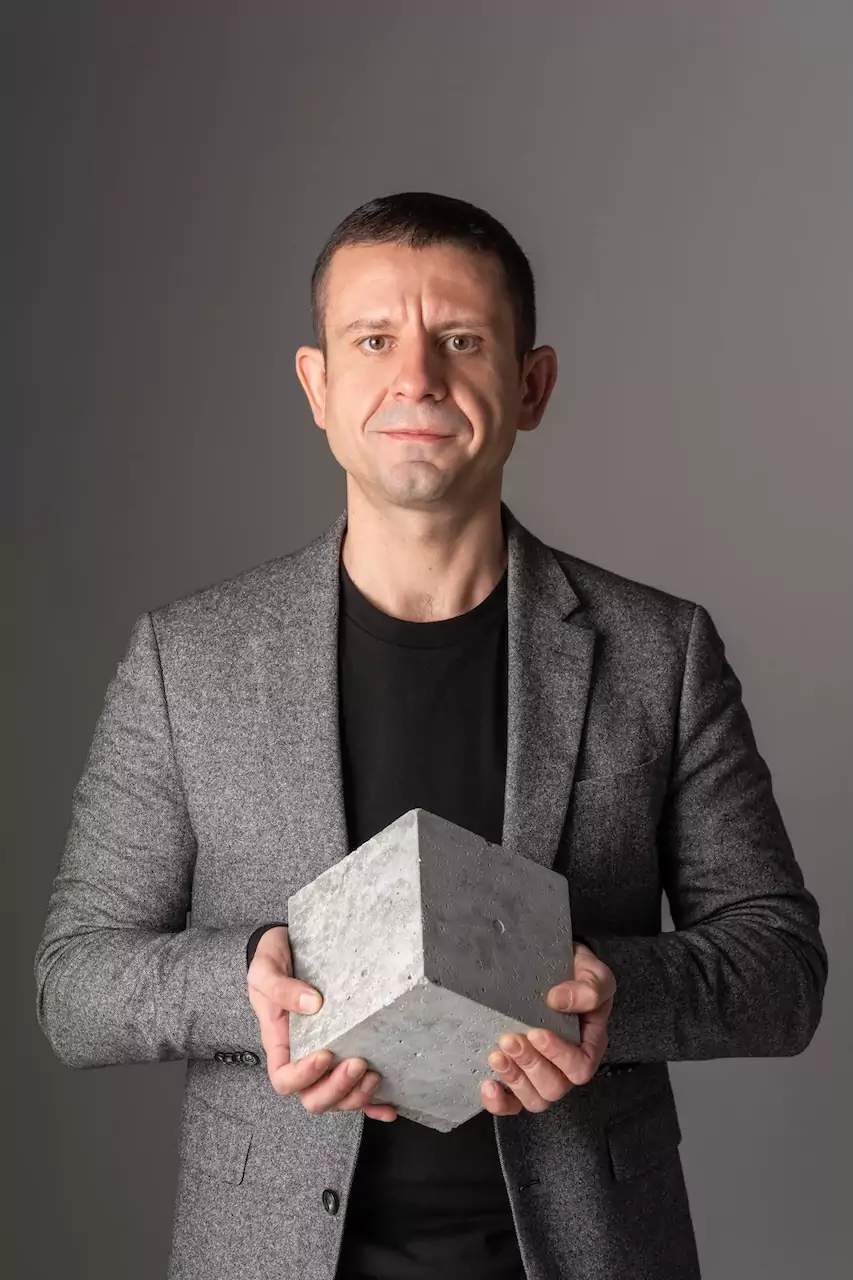DMAT, a deep tech company developing technology capable of doubling the service life and reducing the carbon footprint of concrete by 60%, has received a $4.5 million capital investment in an oversubscribed first round led by Primo Capital through its Primo Climate fund. The funding is intended to support the commercialisation and internationalisation of the technology developed by DMAT, which is already certified in Europe and successfully used in both large motorway infrastructure and prefabricated construction.
The transaction received significant feedback from a pool of international investors who are simultaneously acquiring stakes in DMAT. These include Safar Partners, an American venture fund that invests in cleantech and new materials, AI IT and robotics, and life sciences; PeopleFund, a private holding company that invests in global technology start-ups; Deep Future, the deep-tech fund of Pablos Holman, American inventor and futurist; and Corbites, a European venture capital fund. which acts as a catalyst for innovation, alongside other major global investors active in the deep-tech sector.
“After a significant and rigorous research and development process, DMAT is now present on the Italian and Swiss markets with unrivalled technology, thanks to the combination of durability, sustainability and performance it offers, with product lines dedicated to both new concrete constructions and restoration using structural mortars,” said Paolo Sabatini, CEO and co-founder of DMAT, in a statement. (in the photo) – We are delighted to be able to count on the support of a group of top-level international investors, which will enable us to forge strategic partnerships with concrete manufacturers, construction companies and developers, and to launch our production process in the United States.
Simone Molteni, general partner at Primo Climate, comments: “This round is an important signal for the Italian innovation ecosystem: the invention took its first steps in Cambridge but then found all the ingredients it needed to grow, develop and improve in Europe. Today, the heart of operations and R&D is located in Italy, and even with the presence of major international investors, the lead investor is Italian. This seems like excellent news for the country as a whole.
The concrete market, currently estimated at over one trillion euros per year, accounts for 1% of global GDP and continues to grow, mainly due to intense urbanisation and the construction of large infrastructure projects. According to estimates, over 4.3 million buildings are constructed each year, using a total of 33 billion tonnes of concrete, figures that are expected to continue to grow by 30% by 2050. For existing infrastructure, the corrosion of concrete reinforcement alone generates maintenance and repair costs of approximately $100 billion per year.
This constantly expanding sector is one of the main contributors to CO2 emissions, accounting for 8% of the total, as well as being one of the most complex segments to decarbonise. Although it is only one of the ingredients, cement is responsible for 90% of the emissions resulting from concrete production.
This is the context in which DMAT was founded, a company whose co-founders include Admir Masic, associate professor in the Department of Civil and Environmental Engineering at the Massachusetts Institute of Technology (MIT), and which has developed an innovative technology based on proprietary fillers and mixtures that improves the performance of concrete and repair mortars, increasing their strength and extending their useful life thanks to their self-healing properties. When cracks form, DMAT materials are able to ‘heal’ themselves without the need for external intervention, thanks to the activation of specific chemical reactions. In addition, DMAT technology provides high resistance to carbonation, one of the main causes of structural degradation along with cracks, a combined effect that doubles the useful life of structures. At the same time, DMAT reduces the percentage of cement required in concrete and mortar, enabling a significant reduction in the carbon footprint of the construction industry, particularly in view of the estimated 230% to 330% increase in the price of this raw material in Europe over the next few years.
ALL RIGHTS RESERVED ©
